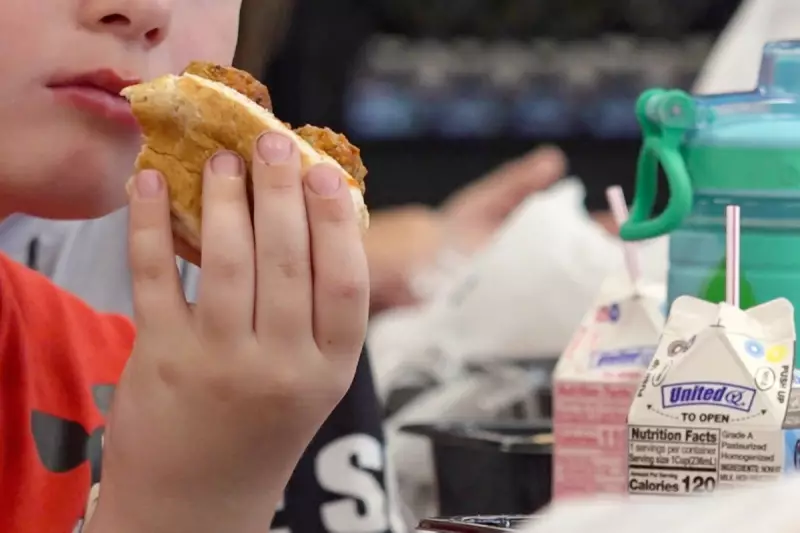
Schools in West Virginia have taken a bold step by removing General Mills cereals from their breakfast menus. The decision comes after concerns were raised about the high sugar content in these popular breakfast options.
The move affects well-known brands like Lucky Charms, Cocoa Puffs, and Trix, which have long been staples in school cafeterias across the state. Officials argue that these cereals don't meet nutritional standards set for school meals.
Nutritional Concerns Take Priority
"We're committed to providing our students with healthy breakfast choices," said a spokesperson for the West Virginia Department of Education. "While these cereals are certainly popular, their sugar content simply doesn't align with our nutritional guidelines."
The decision follows growing awareness about childhood obesity and diabetes in the United States. Many health experts have criticized sugary cereals for contributing to these public health issues.
Mixed Reactions from Parents and Students
The ban has received mixed reactions. While some parents applaud the move towards healthier options, others argue that children should have some choice in what they eat.
"I understand the health concerns, but kids look forward to these treats," said one parent. "There should be some balance."
Meanwhile, General Mills has defended its products, stating that all its cereals meet FDA standards and provide important nutrients. The company also noted that many of its cereals have reduced sugar content in recent years.
National Debate on School Nutrition
This decision in West Virginia has reignited the national conversation about school nutrition standards. It comes as the USDA considers updating guidelines for school meals across the country.
Nutrition experts suggest this move by West Virginia schools could inspire similar actions in other states, potentially leading to significant changes in what children eat at school.






